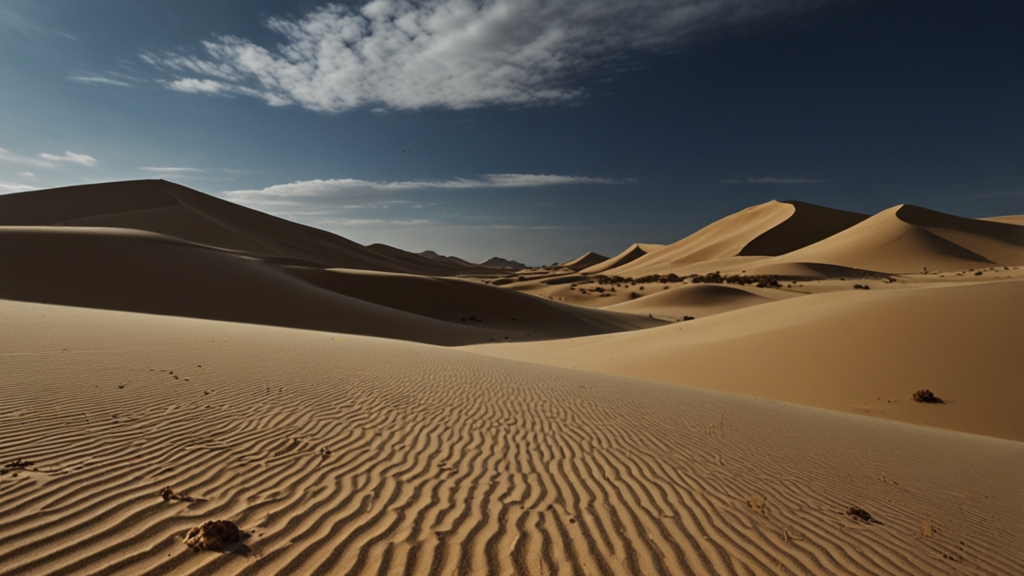Moses Among the Giants Influencers of His Era
Moses remains one of the most influential figures in religious history, often evoked in discussions about leadership, revelation, and liberation. Living in a time likely marked by a confluence of great civilizations and iconic figures, Moses' impact can't be overstated. His narrative within the context of his era presents an intriguing juxtaposition to the giants of ancient civilizations.
The Egyptian Context
The Egyptian civilization during Moses' time was a colossus of culture, science, and religion. The Pharaohs of Egypt were not only political leaders but were also seen as deities on earth, commanding immense respect and power. The Pharaoh during Moses' story, often associated with Ramses II, was a towering figure who oversaw vast architectural projects, military conquests, and the flourishing of arts and knowledge.
"The political and spiritual life of Egypt shaped much of the ancient world, setting precedents in governance, architecture, and religion that lasted for millennia." — Ancient Civilizations Encyclopedia
In the midst of this grandiosity, Moses emerged as a formidable leader challenging the existing order. Through divine intervention, he became an architect of escape for the Israelite slaves, defying one of the most powerful rulers of his time. The Exodus exemplifies Moses' role as a liberator and establishes him as a giant influencer capable of altering the fate of an entire people.
The Influence of Mesopotamian Civilizations
Beyond Egypt's borders, the Mesopotamian region was home to influential cities like Babylon and Assyria. These city-states had their own pantheons of gods, legal systems, and advances in literature and science. The Code of Hammurabi from Babylon predates the Mosaic Law and illustrates the era's advances in legal thought.
However, Moses' laws, received on Mount Sinai, extended beyond mere civil contracts to encompass profound ethical and spiritual guidelines. The Ten Commandments provided not only judicial but also moral and spiritual directives, which have influenced countless generations.
"Moses' legal and ethical codes were revolutionary for their integration of religion into daily life, laying the groundwork for modern Western legal and moral systems." — Religious Texts and Ethics Studies
In comparison, while the laws of Babylon and Assyria were technically sophisticated, they lacked the theological depth that made Moses' contribution uniquely enduring. His influence permeated through the millennia, shaping the moral and legal foundations of not just religious communities but entire civilizations.
Moses in the Landscape of Philosophical Thought
While philosophers like Confucius and Socrates emerged in different regions and somewhat later, Moses' contributions to human thought cannot be ignored. Before the concept of democracy or the exploration of ethical reasoning by philosophers, Moses introduced systems that demanded societal responsibility, personal accountability, and communal justice.
The philosophical underpinnings of Mosaic law incorporated principles of equality under the law, protection of the weak, and the idea of a covenant, or a binding agreement between people and their deity. These ideas resonated across time, influencing various philosophical discourses and integrating into the broader ethical thinking of humanity.
Nonetheless, Moses' influence is distinct from secular philosophical traditions. His teachings infused the notion of divine justice and human responsibility, creating a comprehensive worldview that intertwined the mundane with the divine, crafting a holistic understanding of life that guided his contemporaries as strongly as it guides millions today.
Moses' Enduring Legacy
Amidst the great influencers of his era, Moses stands out not merely for his leadership but for the profound transformational impact he had. His narrative symbolizes the power of faith, the struggle for freedom, and unwavering commitment to justice. While Pharaohs built pyramids and Mesopotamian leaders codified laws, Moses was forging a path for spiritual and ethical evolution.
His legacy, therefore, is not confined to historical or religious boundaries but extends into the very fabric of ethical and moral discourse. Among the giants of his time, Moses was undoubtedly a towering figure whose shadow stretches long into the annals of human history.









